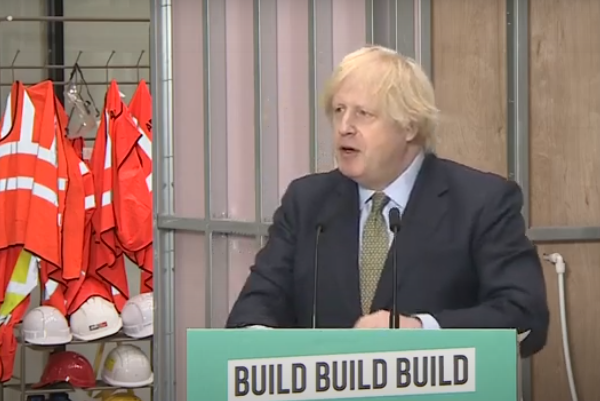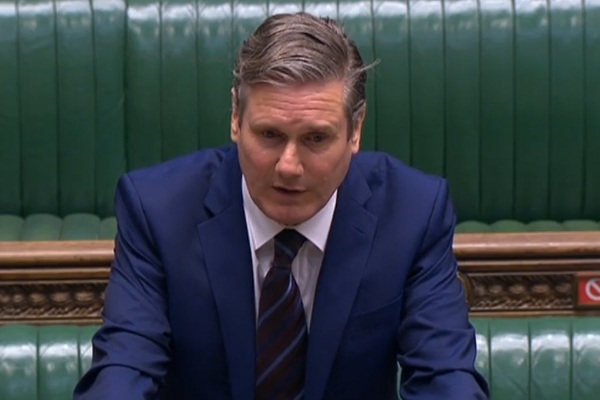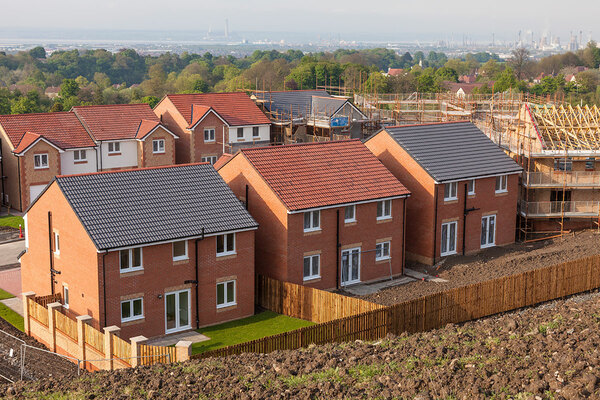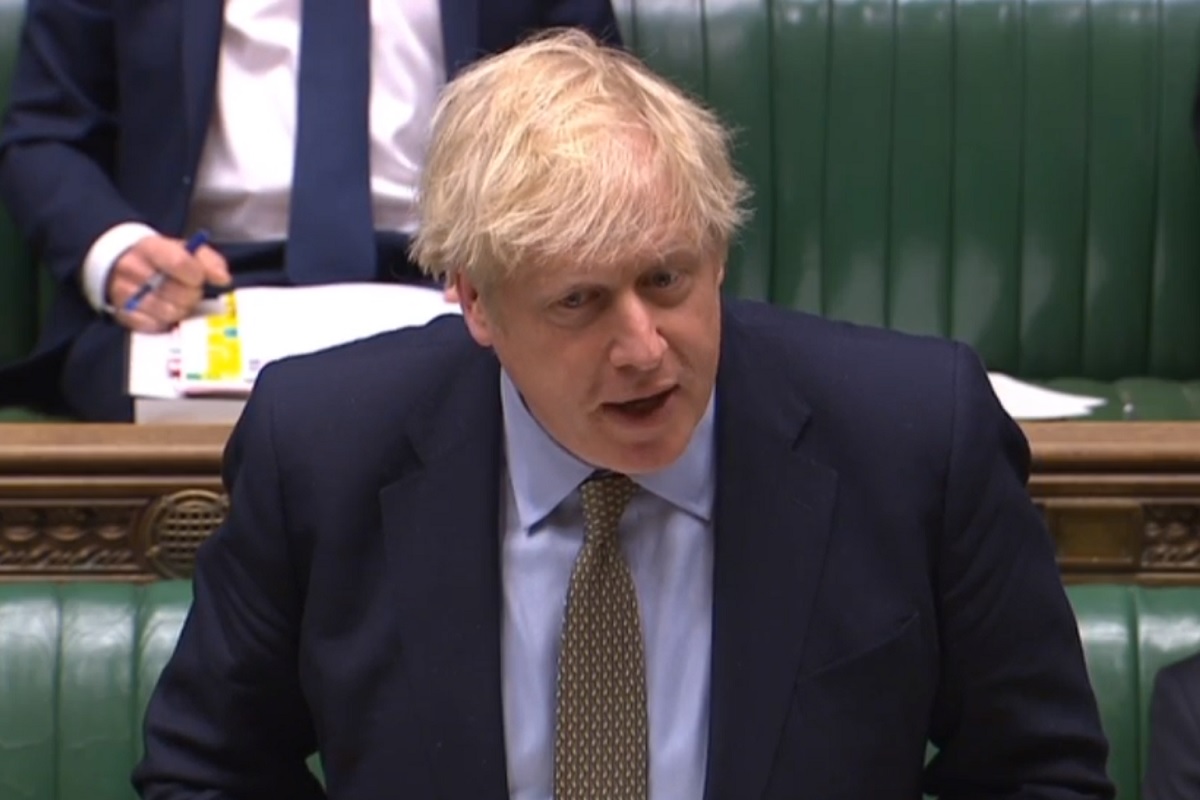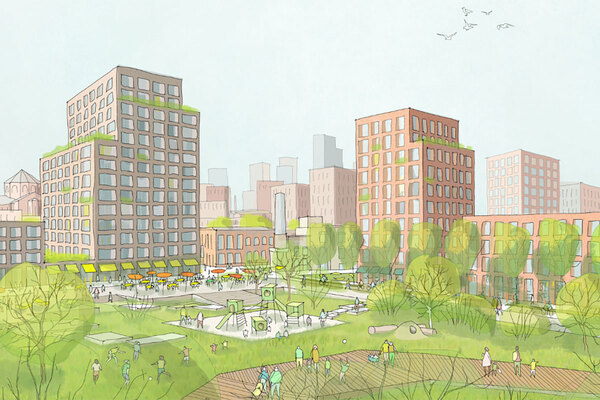Johnson’s Project Speed promises ‘most radical planning reforms since World War II’
The government is set to put in place the most radical reforms to the UK planning system since the World War II as part of the prime minister’s Project Speed plan to get the country building after the COVID-19 crisis.
Outlining his post-coronavirus recovery plans in the West Midlands today, Boris Johnson said that the country needs to undergo an “infrastructure revolution” that would put an end to the chronic failure of the state to build enough homes.
To do this, he promised to cut planning red tape that held back developments and push forward with Project Speed.
Mr Johnson said: “We will build fantastic new homes on brownfield sites and other areas that with better transport and other infrastructure could, frankly, be suitable and right for development.
“And we will address that intergenerational injustice and help young people get on the housing ladder in the way that their parents and grandparents could.
“And it’s to galvanise this whole process that this government will shortly bring forward the most radical reforms most radical reforms of our planning system, since the end of the Second World War.”
Mr Johnson was announcing what he called his “build, build, build” plan to get the country to build its way to recovery after the COVID-19 crisis.
On housing, Mr Johnson said that the UK is trailing far behind its European counterparts when it comes to building homes at pace and pointed to the country’s planning system as a key reason for these delays.
He asked: “Why are we so slow building homes by comparison with other European countries? In 2018 we built 2.25 homes per 1,000 people. Germany managed 3.6, the Netherlands 3.8, France 6.8.
“I’ll tell you why – because time is money. And the new counting delays in our system are a massive drag on the productivity and the prosperity of this country.
“So we will build better and build greener, but we will also build faster.”
Mr Johnson said it is much more difficult for people in the UK, particularly younger people, to access homes than it is in other countries. He said that the government’s changes are part of the government’s plans to clear the way and get things done much faster.
Despite announcing plans to invest hundreds of millions of pounds in building new schools, hospitals and infrastructure projects, the prime minister gave no details on whether any additional funding would go towards new housing projects.
Next week, chancellor Rishi Sunak will give a speech outlining more details on how the government will look to re-energise the UK’s economy following the coronavirus crisis.
